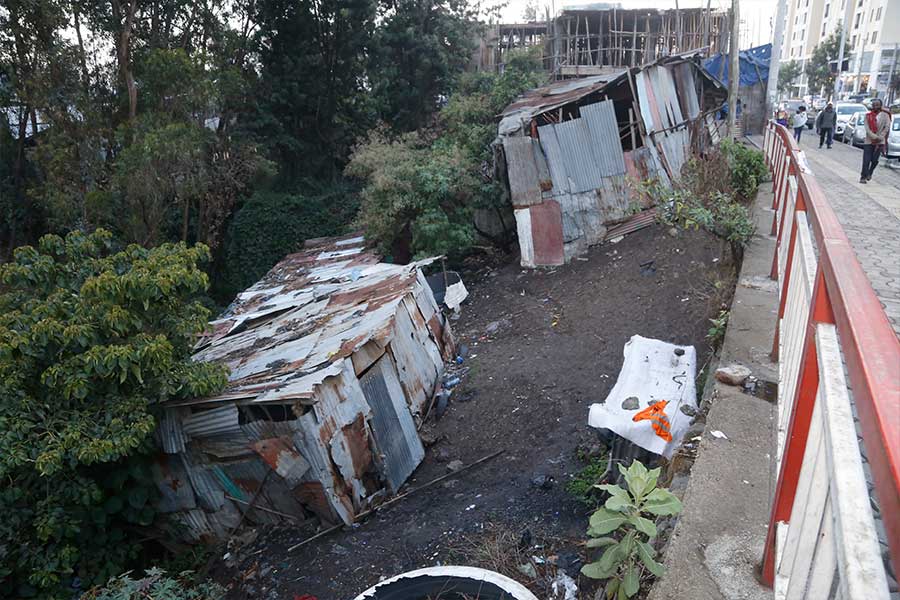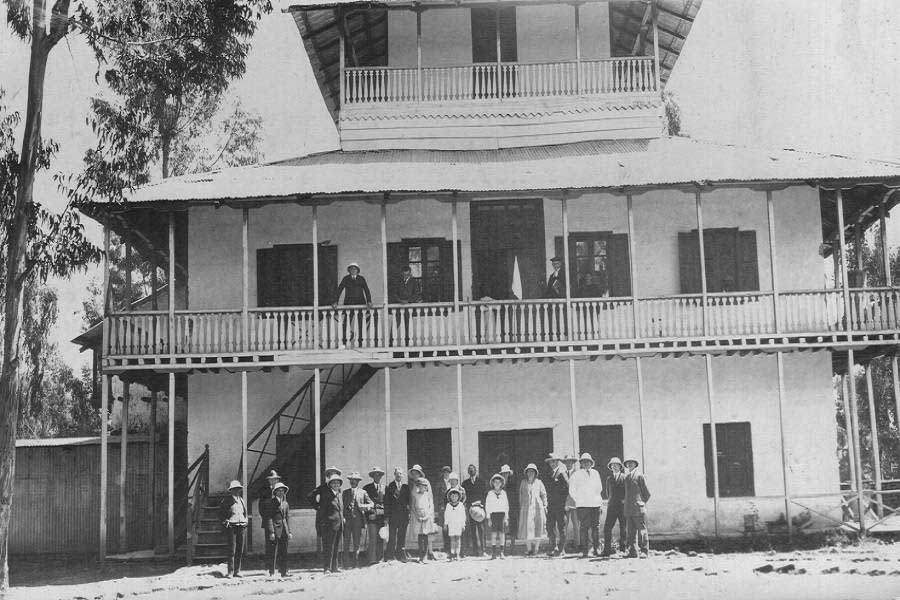
Viewpoints | Sep 11,2020
Jul 13 , 2019
By Tibebu Bekele
They say change is inevitable. So is resistance to change.
Whenever societies go through transformational change, there is a natural upheaval. That is to be expected. Sometimes, leaders that are at the front of the transition leading the march forward may feel frustrated due to a lack of appreciation. That is not all. They may completely fail to see how anyone can oppose the good vision that they are trying to implement. They think of all the sacrifices they and their families are making and all the hard work they are putting in. But when they look up and expect appreciation, getting criticised or, even worse, sabotaged throws them off guard.
That often becomes a crossroad moment that determines the future direction of a changeed agenda. The pattern in change management usually goes through stages of reform and then resistance. At that point there comes a fork in the road. A lot of initiatives for change, unfortunately, end up in relapse. It is so easy to fall for the pull of the familiar. The default setting for most human beings is the comfort of the status quo, while it is so hard to fight through resistance in the hope of rebirth. Thus, the saying goes “better the devil you know than an angel you do not.”
In a research paper called “Resistance to Reform,” Raquel Fernandez and Dani Rodrik tried to find out why governments fail to adopt efficiency-enhancing policy changes. Their finding shows that “there is bias toward the status quo (and hence against efficiency-enhancing reforms) whenever (some of) the individual gainers and losers from reform cannot be identified beforehand.” They further found that some efficiency-enhancing reforms will actually receive broad political support once implemented.
Therefore, in one sense, resistance is not personal. That is, it is not personal toward the leaders of reform. At least, leaders should not take it that way. On another, it is all personal as people are weighing what they stand for gain or lose, from the change. But the key finding is that uncertainty pushes most people to choose the status quo against change.
This instinct to fall back on the old and the familiar is also seen in leaders. When things get tough and robust resistance is experienced, leaders who started with great hope and expectation get tempted to fall back on the old ways of securing their power.
Even though challenges and resistance to the reform started about a year ago, events in the last few weeks have been exceptionally difficult. It has been a test of character to everyone. Though some are doing better than others, there are not many that have remained unscathed. There seems to be hardly anyone that will come out with their reputation intact.
A population that has lived quietly under onerous opperssion has shown to lack responsible restraint when finding an opening. Political leaders and activists have squandered the chance to raise their game when the playing field has been relatively level. Most have proven to be one trick ponies, getting lost in the absence of confrontation. But the most alarming thing is the top leadership and the government showing that old habits die hard by seeming to relapse to old patterns of repression and the curbing of freedoms under the veil of enforcing law and order.
No sane person will argue against the need for enforcement of law and order in Ethiopia today. But it needs to be done under the law. The false narrative that the choice is between anarchy or authoritarianism is outdated. If the reform is to pull through to rebirth, instead of relapsing, the government has to recommit itself to the protection of human rights and individual freedom of expression. As Ben Franklin said, “Those who would give up essential liberty, to purchase a little temporary safety, deserve neither liberty nor safety.”
PUBLISHED ON
Jul 13,2019 [ VOL
20 , NO
1002]


Viewpoints | Sep 11,2020

Life Matters | Oct 22,2022

Viewpoints | Nov 27,2021

My Opinion | Jul 22,2023

Sunday with Eden | Jan 11,2020

Commentaries | Jul 20,2024

Agenda | Mar 21,2020

Radar | Jun 26,2021

View From Arada | Apr 16,2022

Viewpoints | May 21,2022

My Opinion | 131970 Views | Aug 14,2021

My Opinion | 128359 Views | Aug 21,2021

My Opinion | 126297 Views | Sep 10,2021

My Opinion | 123913 Views | Aug 07,2021

Dec 22 , 2024 . By TIZITA SHEWAFERAW
Charged with transforming colossal state-owned enterprises into modern and competitiv...

Aug 18 , 2024 . By AKSAH ITALO
Although predictable Yonas Zerihun's job in the ride-hailing service is not immune to...

Jul 28 , 2024 . By TIZITA SHEWAFERAW
Unhabitual, perhaps too many, Samuel Gebreyohannes, 38, used to occasionally enjoy a couple of beers at breakfast. However, he recently swit...

Jul 13 , 2024 . By AKSAH ITALO
Investors who rely on tractors, trucks, and field vehicles for commuting, transporting commodities, and f...

Jul 5 , 2025
Six years ago, Ethiopia was the darling of international liberal commentators. A year...

Jun 28 , 2025
Meseret Damtie, the assertive auditor general, has never been shy about naming names...

Jun 21 , 2025
A well-worn adage says, “Budget is not destiny, but it is direction.” Examining t...

Jun 14 , 2025
Yet again, the Horn of Africa is bracing for trouble. A region already frayed by wars...

Jul 6 , 2025 . By BEZAWIT HULUAGER
The federal legislature gave Prime Minister Abiy Ahmed (PhD) what he wanted: a 1.9 tr...

Jul 6 , 2025 . By YITBAREK GETACHEW
In a city rising skyward at breakneck speed, a reckoning has arrived. Authorities in...

Jul 6 , 2025 . By NAHOM AYELE
A landmark directive from the Ministry of Finance signals a paradigm shift in the cou...

Jul 6 , 2025 . By NAHOM AYELE
Awash Bank has announced plans to establish a dedicated investment banking subsidiary...